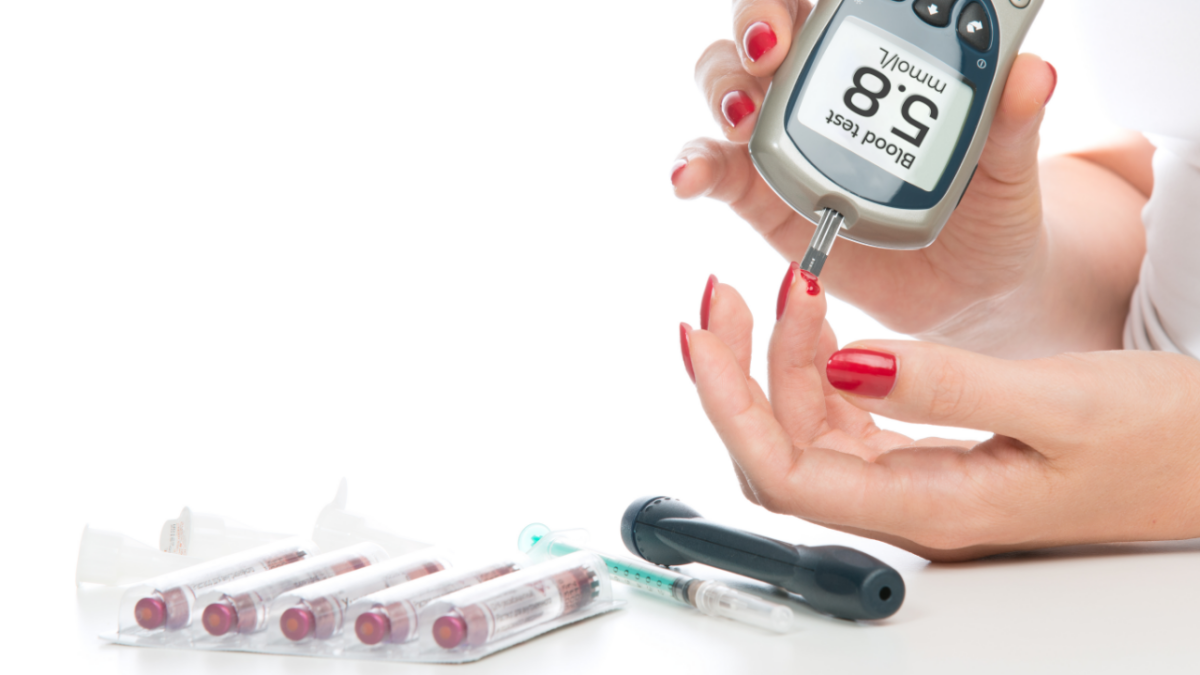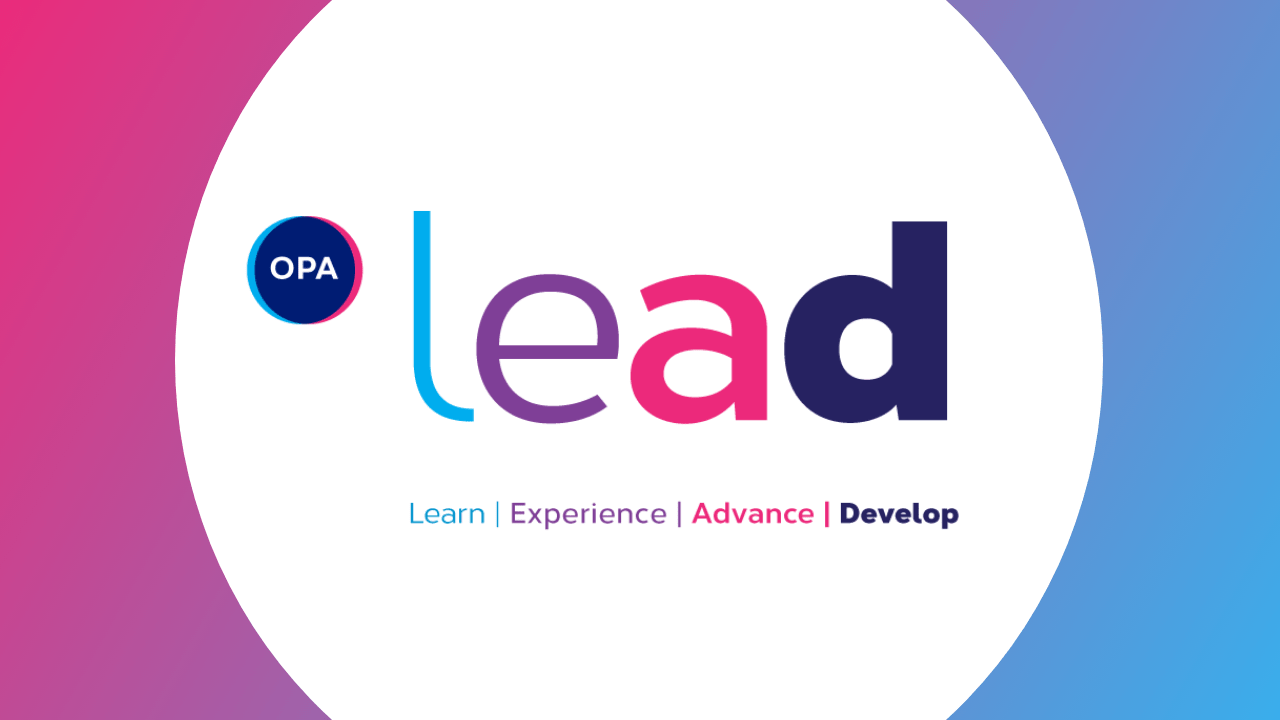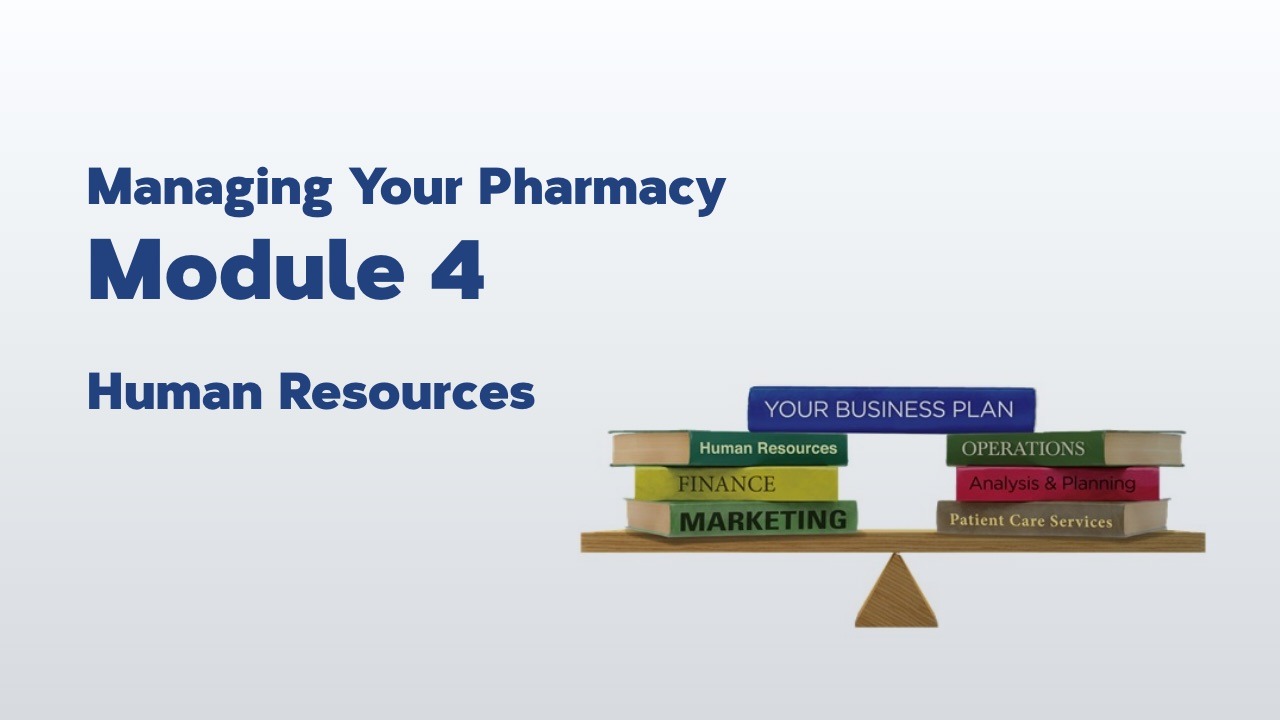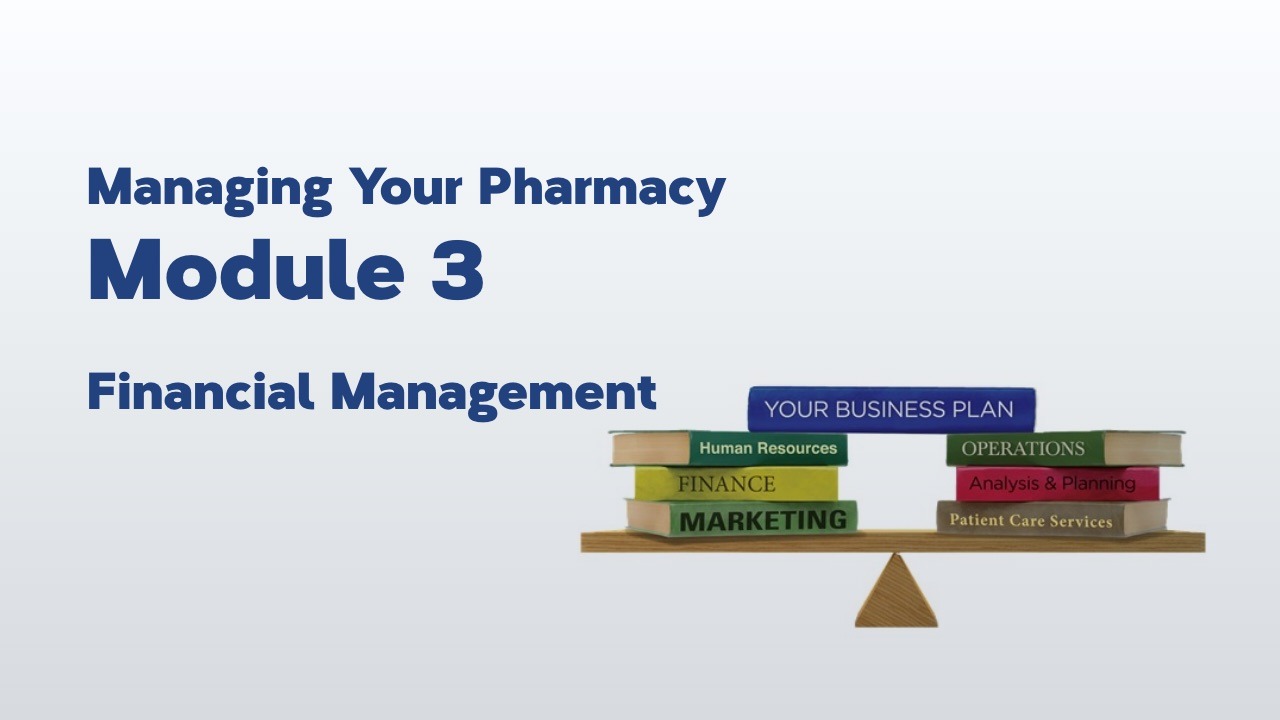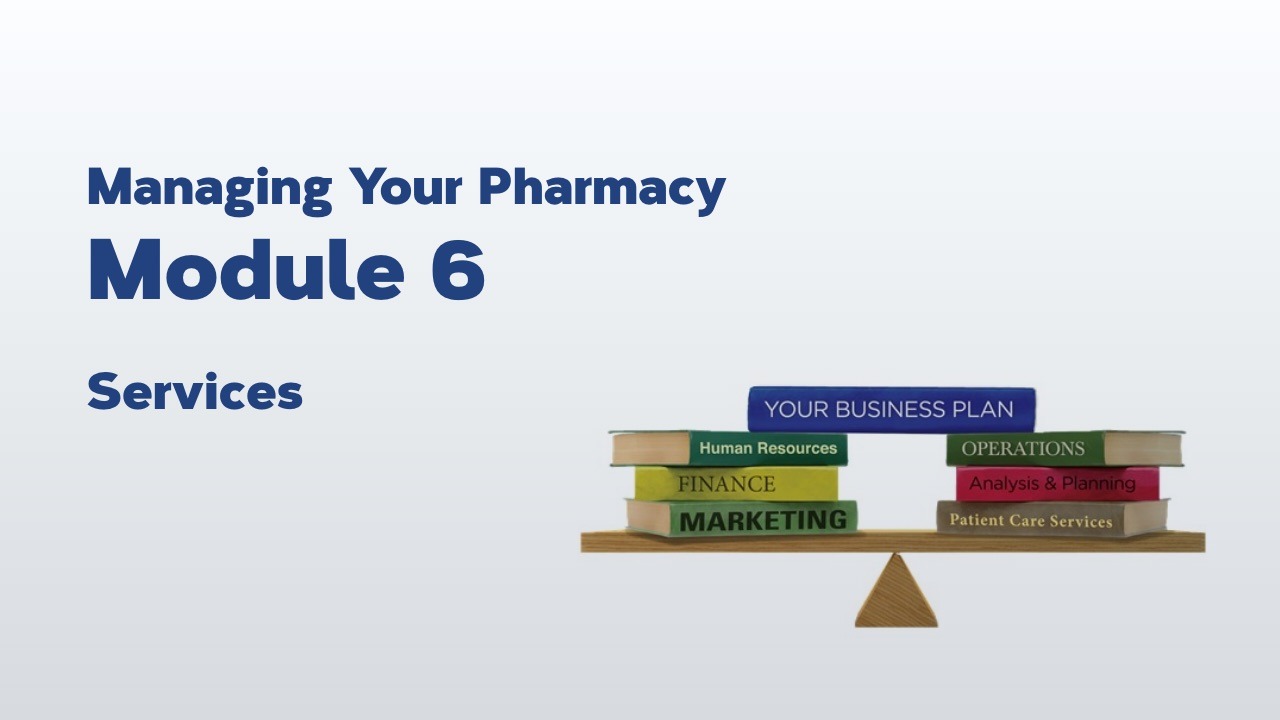The Master Plan for Diabetes Continuing Education Program
Master diabetes management with expert-led education in this comprehensive program. Gain access to MOH forms, patient teaching tools, checklists, and essential resources. With this program, you’ll meet MOH requirements for MedsCheck for Diabetes.
Volume discounts available when you purchase 10 or more! For more information contact [email protected].
$299.00
Description
Description:
This program has been designed to support pharmacists’ expertise in diabetes management, enabling them to provide exceptional care and support to patients with diabetes. By completing it, pharmacists can be eligible to assist patients with diabetes by providing Medscheck for Diabetes services in their stores.
This program covers various aspects of diabetes management and is taught by subject matter experts who emphasize providing patient education for the self-management of diabetes. Participants will have access to the Ministry of Health (MOH) documentation forms, diabetes resources, checklist forms containing patient teaching points for various areas of diabetes care, and reference resources for pharmacists and patients.
If you wish to prepare Canadian Diabetes Educator (CDE) exam, please check out Comprehensive Diabetes education course which has additional online modules covering all the CDE’s exam competencies in addition to what the MASTER Plan program covers.
Learning Objectives & Course Outline:
Online Modules
Orientation to the Master Plan (0.5 hour)
- Understand the traditional modes of delivery of patient health education
- Understand impacts and limitations of traditional odes of provider-centric communications with patients
- Understand the core elements of the OPA MASTER Plan and its ability to actualize patient-centricity in care, drive patient empowerment, and facilitate achievement of positive health outcomes
- Understand the opportunities that patient-centricity can bring to one’s practice
- Understand the professional satisfaction that comes with patient-centric approaches to care and communications
Module 1 – Complications and Screening (2 hours)
- Describe the microvascular complications of diabetes
- Discuss the associated macrovascular complications of
- diabetes
- Describe the appropriate screening times for diabetes
- complications
- Identify the screening tools available for the detection of
- diabetes complications
- Describe how pharmacists can use these screening tools in
- practice
- Identify prevention strategies for diabetes complications
Module 2 – Diabetes Self-Management – Perspectives in Behaviour Change (1 hour)
- Discuss selected theories and philosophies which can be applied to optimize counselling in the change process
- Identify tools that can be used to facilitate the process of behaviour change
- Identify where and how behaviour change theories and philosophies can be applied to practice
Module 3 – Insulin Injection Devices and Injection Techniques (0.5 hour)
- Identify common gaps in insulin injection
- Examine FIT Canada recommendations on insulin administration
- Explore strategies to adopting best practice
Module 4 & 5 – Introduction to Theories in Education / Apply Educational Theory to Practice (1.25 hours)
- Compare and contrast major theories of teaching and learning
- Identify appropriate circumstances to apply different learning theories in practice
- Discuss strategies for optimizing patient education in practice
Module 6 – Lifestyle Changes for Diabetes Management (0.75 hour)
- Understand the goals of nutrition management for diabetes
- Be familiar with the meal planning tools for educating people with diabetes
- Be able to apply the 2018 Diabetes Canada CPG nutrition principles for the management of diabetes
Module 7 – Managing Special Circumstances (0.75 hour)
- To explore how to manage the following special circumstances: hypoglycemia, sick days, preparing for a colonoscopy, preparing for surgery or diagnostic test, and guideline on driving private car
Module 8 – Motivational Interviewing to Facilitate Behaviour Change (0.25 hour)
- Define Motivational Interviewing (MI)
- Explain how MI helps people engage in the change process
- Apply OARS communication skills
- Discuss the pharmacist’s role using MI skills to assist people with diabetes make important changes to optimize management
Module 9 – Overview of Glucose Monitoring in the Community Pharmacy (1.75 hours)
- Recognize who will benefit from which type of blood glucose monitoring:
- A1C
- Capillary Blood Glucose (CBG) Monitoring
- Continuous Glucose Monitoring (CGM)
- Start a person on individualized needs-based (purposeful) glucose monitoring
- Apply the data from glucose monitoring to support a person with diabetes to achieve their health-care goals
Module 10 – Overview of Pathophysiology of Diabetes (1.75 hours)
- Describe the basic pathophysiology of diabetes
- Identify the characteristic signs and symptoms of diabetes
- Distinguish between the major types of diabetes in terms of etiology, prevention, defining characteristics and incidence
- Identify the diagnostic criteria for the different types of diabetes
- Identify target range for blood glucose values
- Utilize an appropriate screening tool for type 2 diabetes
Module 11 – Pharmaceutical Management of Type 2 Diabetes (1 hour)
- Review treatment algorithm in management of hyperglycemia in type 2 diabetes
- Describe different types of oral antihyperglycemic agents (OAA) in terms of action, indications for use, side effects, safe administration and precautions
- Examine methods of assessing renal function
- Explore how to individualize therapeutic choices
Module 12 – Pharmacological Management of Diabetes: Insulin (1 hour)
- Review action profile of different insulins
- Describe the rationale for common insulin regimens
- Discuss how to choose starting dose of common insulin regimens
- Describe the principles of pattern management
- Explore how to apply pattern management
Module 13 – Physical Activity and Diabetes (0.75 hour)
- Be familiar with the current guidelines for recommending physical activity and exercise for people with diabetes
- Understand the effect of different forms of physical activity and exercise on the management of diabetes
- Have the knowledge to confidently prescribe individualized practical exercise and physical activity programs to people with diabetes
Module 14 – Psychosocial Aspects of the Adult with Diabetes (1 hour)
- To identify and describe the potential psychosocial impact of diabetes and its treatment
- To identify barriers to self-care and become familiar with strategies to promote self-care
- To become familiar with communication strategies to promote therapeutic interactions
Module 15 – Blood Glucose Monitoring (0.5 hour)
- Identify benefits of blood glucose monitoring
- Discuss techniques of blood sampling
- Describe purpose and methods of quality control for blood glucose meter
- Examine capillary blood glucose (CBG) (formerly self-monitoring blood glucose, SMBG) recommendation tool for healthcare providers
- Explore how to individualize frequency of CBG
Final Multiple-Choice Exam (45 questions)
Program Evaluation
Course at a Glance:
- 15.25 hours to complete
- 15.25 CEUs
- Course expiry date: June 30, 2025
- Online
- Accreditation: 8003-2019-2662-I-P
- Completion requirement: Complete the online modules, multiple-choice exam (with a score of 70 per cent or higher) and the program evaluation before the expiry date to receive a letter of completion.
Who Should Take This Course:
Pharmacists who wish to expand their knowledge in the area of diabetes and optimize the care provided to patients.
This program meets the educational requirements by the Ministry of Health (MOH) to provide the MedsCheck for Diabetes.
Development Team:
- Allan Malek, RPh (BSc (Bio) (Pharm))
- Barry Simon, MD, FRCP
- Beth Li, RPh, CDE (BScPhm)
- Freda Leung, RPh, CDE, CRE, BCGP (BScPhm)
- Gail McNeil, RN, CDE (BNSc, MEd)
- James Morrison, RPh, CDE (BScPhm)
- Joyce Chan, RPh, CDE, ACPR, BCPS (BScPhm)
- Joanne Lewis, RD, CDE
- Jeannette Schindler, RPh, CIM, CRE (BScPhm, MBA)
- Laura Murphy, RPh, ACPR (BScPhm, PharmD)
- Susie Jin, RPh, CDE, CPT, CGP (BScPhm)
- Wendy Bordman, RPh, CDE (BSc(Biology),BScPhm)
Cancellation Policy:
Please refer to OPA’s Terms and Conditions of Purchase for cancellation policies.
OPA programs you may also like
-
- Sale!
- Alberta Pharmacists’ Association: Board Certified Geriatric Pharmacist (BCGP) Preparation Course
-
$1,400.00$800.00
